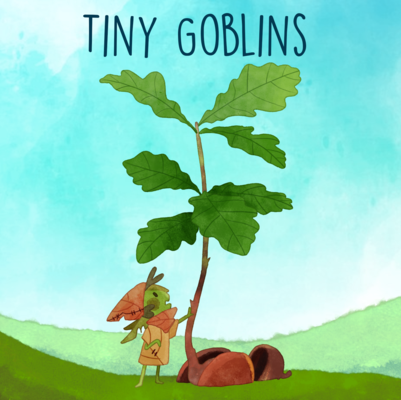The project objectives involved designing a game which could transform players, by increasing their knowledge regarding sustainability and circular economy for food. Thus, it was important to visualize the challenges and possible practices around food production and consumption for more sustainable societies.
Subsyst's relevance in the game design praxis is based on the following criteria:
- Collection of user insights using the ZMET technique which modeled the content of the video game
- Using Machinations as a game design tool to balance the flow of in-game resources
- Assessing the impact of the game through a questionnaire-playtest-questionnaire methodology
The assessment stage of the project generated preliminary results, showing that the game has the potential to significantly increase the knowledge of players, after playing the prototype for a minimum of 30 minutes.
The Subsyst Simulator is playable at:
https://eplundare.itch.io/subsyst-simulator
(Playable only on a web browser on PC/Mac).
















































